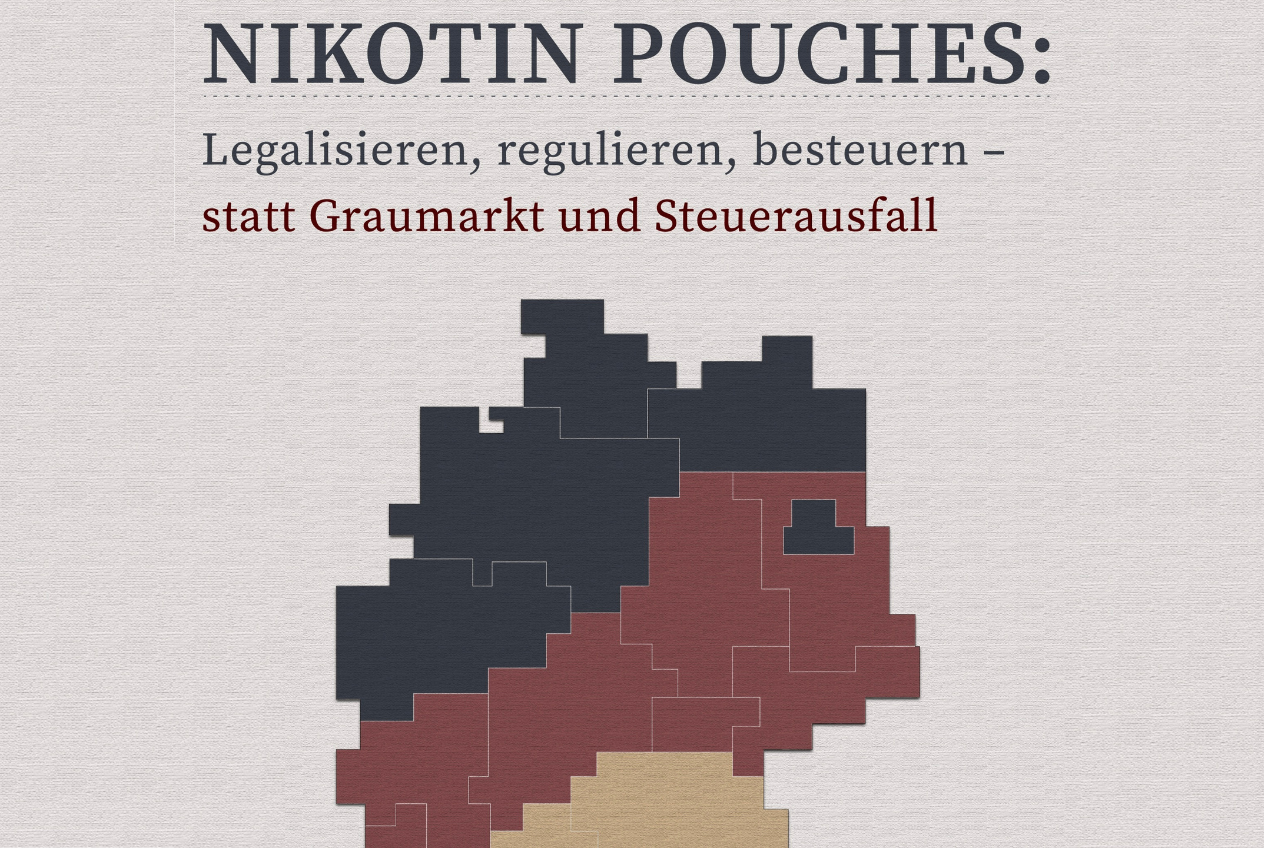
After months of controversy around its development, Health and Human Services (HHS) has published its highly anticipated report on alcohol and health through the Interagency Coordinating Committee on the Prevention of Underage Drinking (ICCPUD). The research was slammed in an October letter from 100 US Congressmen who expressed concern over its lack of transparency and known conflicts of interest by researchers involved in the ICCPUD report.
The Consumer Choice Center’s (CCC) David Clement offered skepticism about the ICCPUD findings, saying “This research was way off target from the ICCPUD’s purpose, which is preventing underage drinking, and has instead focused on promoting abstaining from alcohol across all age groups. You don’t have to dig deep to find the ICCPUD report is co-authored by Tim Naimi, an anti-alcohol activist researcher with declared financial ties to the International Order of Good Templars, also known as Movendi, a temperance group.”
<< Read the CCC in the Washington Examiner on ICCPUD report >>
The ICCPUD report directly conflicts with another government-funded study on alcohol that was published in December by the National Academies of Sciences, Engineering, and Medicine (NASEM), which had a Congressional mandate for their research on alcohol. It found that moderate drinking is associated with a lower risk of cardiovascular disease compared to no alcohol consumption, and a lower risk of “all-cause mortality”. Heavy drinking increases those risks.
Clement continued, “This wave of conflicting information is a problem for consumers because the federal government’s consistent messaging on responsible drinking has made a real positive difference in curbing abuse. A prohibition mindset always backfires by misconstruing risk calculations to the public”
<< Read David Clement in the Financial Post on alcohol studies >>
There has been a steady stream of breaking news on alcohol and consumer health in recent weeks, peaking with the US Surgeon General’s advisory on a “causal link” between alcohol consumption and the risk of contracting cancer. The Consumer Choice Center has also expressed concern over that report and its stretched definition of what constitutes a meaningful “risk” to the consumer.
“It is no small thing that 100 members of Congress asked for this ICCPUD research to be suspended before the new year. It hasn’t been transparent and did not allow for the proper vetting of researchers. And now we know why,” said David Clement. Experts from the International Scientific Forum on Alcohol Research (ISFAR) have called the work of authors behind the ICCPUD “pseudo-scientific”. “
“With the 2025-2030 Dietary Guidelines coming together, Americans rely on unbiased government guidance for food and beverages like alcohol, and this ICCPUD report is highly counterproductive,” concluded Clement.
OR MEDIA QUESTIONS OR INTERVIEWS CONTACT:
Stephen Kent
Media Director, Consumer Choice Center
stephen@consumerchoicecenter.org
###
The Consumer Choice Center is an independent, nonpartisan consumer advocacy group championing the benefits of freedom of choice, innovation, and abundance in everyday life for consumers in over 100 countries. We closely monitor regulatory trends in Washington, Brussels, Ottawa, Brasilia, London, and Geneva. Find out more at www.consumerchoicecenter.org




